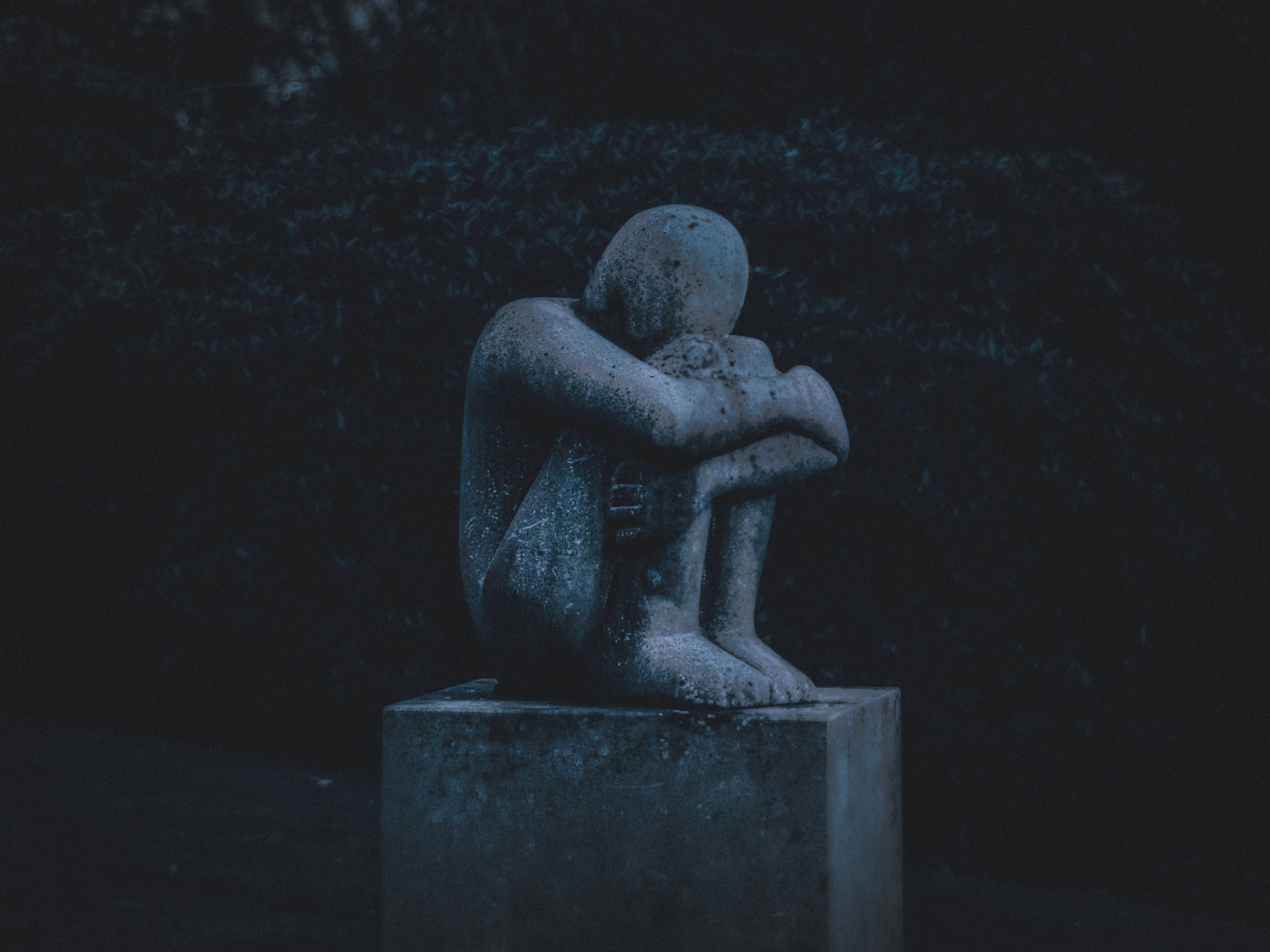Lisa Wujnovich
Lisa Wujnovich is a poet, performance artist, farmer, and herbalist, living and working at Mountain Dell Farm, a small organic vegetable farm in upstate New York. She has two published chapbooks, Fieldwork, (Finishing Line Press) and This Place Called Us (Stockport Flats Press). Her poems have appeared in anthologies like Ghost Fishing: An Eco-Justice Poetry Anthology, NOW, Civilization in Crisis, and Seeing Things, Her poems are recently published or forthcoming in Calyx, The Banyan River Review, MERVOX, La Presa, Snapdragon and FEDCO 2022 Seed Catalog. She co-edited the anthology, The Lake Rises by Stockport Flats Press and her Tsvetaeva translation appeared in Poetry International. She has an MFA in poetry from Drew University.
Clinical Depression Number What
I used to describe you as my Clark Kent, my beautiful secret Super Man writer taking off glasses, eyes swimming out of focus, chest still hairless, dropping your clothes in a puddle, reaching for me, nobody else. But that was long, long ago, pre-punk and gritty New Wave New York, pre-broken wedding bands, the original cracked, too soft gold and emerald stone for hauling buckets, the other snipped from a swollen, stung finger digging potatoes. So much digging, digging before my weighted cervix ached down my legs—pre-children on my breasts, pre-students on my back, so many voices in my ears, now miles and miles away. Pre-pandemic, pre-weathered barn boards and split tubers with a three pronged fork. Pre-hydrangea blooms in spite of last winter’s avalanche from the metal roof, blossoms in all directions, over and under the stairs to home—beauty, love across wires and you, all the company I convinced myself I needed in the face of viral drowning deaths and wild fire extinctions. But now you disappear again, only to reappear as an out-of-date phone booth, grafittied with a door that doesn’t fold closed, a narrow corridor falling in an imploding sinkhole. Disturbed snakes flick at your smeared glass walls ricocheting down to join bones. Miraculously, you survive yet another crash, human enough to suck marrow out of joints, constructing emptiness, a flute for a starvation dirge. Dreaming of flesh, you blow some ant scurrying tune that drives children to leave their laughter and calf pumping game, stop and clamp eyes on the setting sun, retinas burnt, dragging the beach like dying soldiers, a whole platoon of soon-to-be phantoms, footprints blurred with oil-scented wind, gray, gray and more gray, yet you swear that is your tall sailing vessel over the horizon. Glistening white, your past, immaculate in the sky, where is that—that ghost ship billowing on a sea twinkling rhinestones, porpoises acrobatic and you on deck, reliving words so quick your fingers barely keep up with the tapping, tapping?
Saturday Matinee
It was my oldest sister, Milena, who scouted free summer movie tickets on flyers in Floyd’s Five and Ten Cent Store. She was the entrepreneur, asked the question how, while I spun on why or why not, thought I was smarter, because I got better grades. Every Saturday, Milena, nine-year old on a mission, threatened and pinched three whiney younger siblings miles across town, collecting Coke bottles as we went. Milena timed the journey to minutes, never late—started us out with foggy dew, slippery-toed in flip-flops and holey sneakers, shuffled us across wet stubbled lawns, startled dogs, past South Elementary, up a hill, down the other side to the town square where the American flag drooped and Florshiem shoes shone, past North Elementary—more than halfway there. I practiced looking out the corner of my eye—not that I didn’t collect bottles in my own neighborhood, I was always on the lookout to trade a green 7Up girl for a Tootsie Roll, Caramel Chew, or Bazooka Bubble Gum. I’d sneak to the cornerstore, try to choose before I reached the glass cage and owner’s eyes. Problem was, with all of us together, I couldn’t hide—pretend I’d just finished a soda and returned the bottle. Our eye-catching pack, messy-haired, stain-clothed, dirty-shinned and skinned-kneed, unearthed more Coke bottles than I ever imagined—plucked from high grass, trashcans and empty lots next to gas stations. Milena acted like she didn’t care what people thought, taught us to breeze into chilly grocery stores and oily garages like we belonged, pulling down coin-returns in pay phones for big pay offs—not just pennies, but nickels, dimes, sometimes a quarter for half a dripping Popsicle each. She knew never to buy candy in the theater, knew where to buy the cheapest that lasted—Lick-a-Maids, lollipops, jawbreakers—Kits, wrapped in five pieces—banana, strawberry, gummy between waxed paper, torn apart to share. Milena knew how to keep the bedraggled free tickets safe in her pocket until we passed through the double doors onto thick carpet. Once inside refrigerated darkness, tingling tired, we unfolded worn wood, propped our knees, while Milena doled out candy in crumpled brown bags. Road Runner out-smarted Coyote, Bugs Bunny tricked Elmer Fudd, Mighty Mouse saved the day and Popeye beat up Bluto. With all the car crashes, punches, and flying through space, nobody stayed hurt. We napped and woke, napped and woke, sticky-fingered to Elvis Presley and Ann Margaret shimmying or smiley Doris Day yelling at Rock Hudson on a party line. Slow-talking John Wayne drew his gun to kill all the poor Indians, and Jerry Lewis acted spastic, like he didn’t know better.

